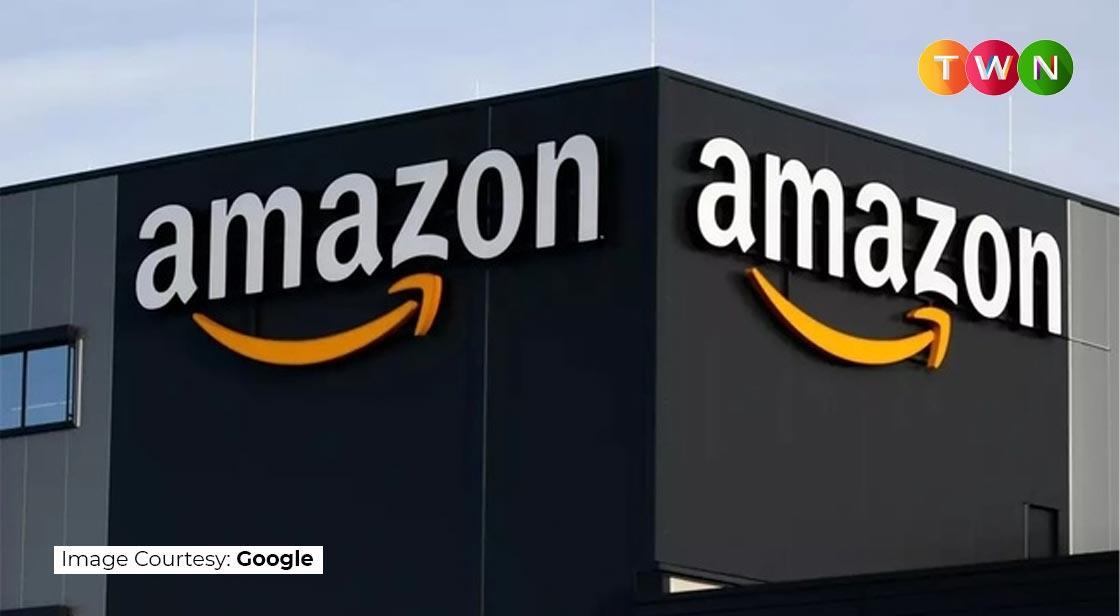Amazon Launches First Satellites in Bid to Rival SpaceX’s Starlink Network

News Synopsis
On Monday, April 28, Amazon took a major step into the space-based internet sector by launching its first batch of broadband satellites. This move marks the tech giant's initial deployment in the satellite mega-constellation industry, a field currently dominated by Elon Musk's SpaceX and its extensive Starlink network. With thousands of Starlink satellites already circling the Earth, Amazon aims to build a similar infrastructure to offer high-speed, global internet coverage.
Atlas V Rocket Carries Project Kuiper Satellites
The launch was executed by United Launch Alliance (ULA) using its reliable Atlas V rocket, which lifted off from Cape Canaveral Space Force Station. The mission successfully carried 27 satellites from Amazon's Project Kuiper into low-Earth orbit. Project Kuiper is named after the Kuiper Belt, a region of icy objects beyond Neptune, reflecting the ambitious scope of Amazon's satellite venture.
New Satellite Technology and Features
These recently launched satellites represent a major technological upgrade over Amazon's initial test models, which were deployed in 2023. Notably, the new satellites are coated with a special mirror-like film designed to reduce sunlight reflections, a concern raised by astronomers. This coating aims to lessen the impact of the satellites on night sky observations, a growing issue as more companies populate low-Earth orbit.
Astronomical and Collision Concerns
The rapid growth of satellite constellations has drawn criticism from the scientific community. Astronomers argue that the increasing number of low-orbiting satellites interferes with celestial observations. There's also rising anxiety about potential satellite collisions and the creation of space debris. Amazon's attempt to mitigate reflected light with innovative coatings is a response to these criticisms.
Project Kuiper's Ambitious Goals
Amazon's long-term goal with Project Kuiper is to deploy more than 3,200 satellites into orbit. This expansive constellation aims to deliver affordable and fast internet connectivity across the globe, particularly to underserved and remote regions. The initiative is spearheaded by Amazon founder Jeff Bezos, who also runs his own aerospace firm, Blue Origin.
Competing with Starlink and Other Constellations
SpaceX currently leads the satellite internet industry with over 8,000 Starlink satellites launched since 2019. Of these, more than 7,000 remain in orbit, stationed approximately 550 kilometers (around 340 miles) above Earth. The European company OneWeb also maintains a smaller constellation, with hundreds of satellites positioned in even higher orbits. Amazon’s entrance into the market is a clear indication of the intensifying competition in the commercial space sector.
Future Launch Plans and Partnerships
To support the rollout of Project Kuiper, Amazon has secured multiple launch agreements with major providers, including United Launch Alliance, its own Blue Origin, and other commercial spaceflight companies. These contracts will facilitate the deployment of thousands of satellites over the coming years.
Testing in Orbit: The Importance of Real-Time Data
Despite extensive ground testing, Project Kuiper Vice President Rajeev Badyal emphasized the unique value of actual spaceflight data. "There are some things you can only learn in flight," Badyal noted, underscoring the experimental nature of the mission. He added that no matter how the mission progresses, it marks just the beginning of Amazon’s space-based internet journey.
Overcoming Launch Delays
The successful launch followed an earlier attempt that had to be canceled due to adverse weather conditions. Amazon had to wait for a new window in ULA's launch schedule to secure a slot, illustrating the logistical challenges that come with large-scale satellite deployments.
You May Like









